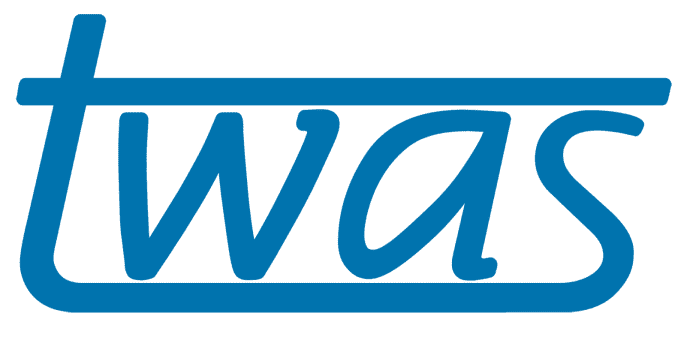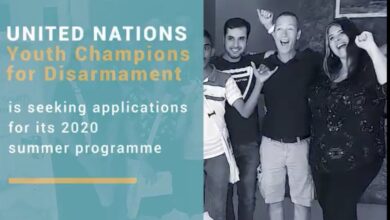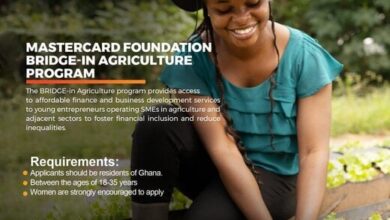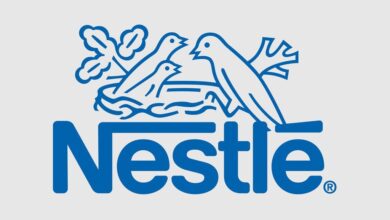
TWAS has established a Joint Associateship Scheme in partnership with UNESCO and many centres of excellence in the South to allow qualified scholars from the South to frequently visit these centres.
For the duration of his or her three-year appointment, an associate may make two trips to a centre to conduct joint research. A little over 300 centres have been chosen to take part in the Scheme. The length of appointments is set at three years. The associate is allowed to make two visits to the host centre during this time, each lasting between two and three months. The appointment may be extended for an additional 3-year term, pending funding.
Cost
- The Associateship covers the associate’s travel expenses and a monthly contribution of USD $300 towards incidental local expenses. The host centre covers accommodation and food, and provides the research facilities.
Eligibility
- Applicants must hold a PhD or equivalent degree. The selection of associates is highly competitive; appointments are made on the basis of merit. Special consideration is given to scientists from isolated institutions in developing countries.
- Women scientists are especially encouraged to apply.
Application
Applicants must complete the online application form. While filling in the online application, applicants also need to upload the following documentation:
- scanned copy of the applicant’s passport, even if expired (page with applicant’s name and surname);
- supporting Statement from Head of Home Institution;
- the applicant’s curriculum vitae (no more than 4 pages);
- the applicant’s full list of publications;
- PhD certificate;
- two letters of recommendation by two referees, one of whom should be from an expert from another country;
- a recent invitation letter – on the host institution’s letterhead paper – from one of the Institutions listed in the files available here. It should contain the proposed time of the visits (two to three months for each visit) and should refer to the proposed cooperation. It should be made evident that the applicant and the proposed host have been in contact regarding the scientific work to be done during the visit and that the conditions for conducting the work have been agreed in terms of the timing of the visit and the facilities available.







